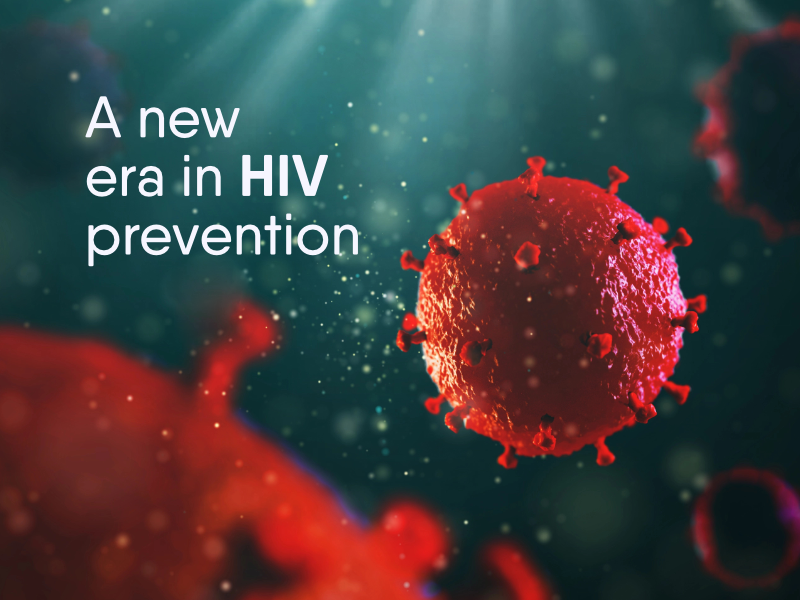Sexual behaviour
- Dr. Blaise Ntacyabukura

- Mar 26, 2021
- 2 min read
Updated: Feb 1, 2022
In our previous article, sexual orientation and gender were discussed, but what about sexual behaviors and their health consequences?

What is sexual behavior?
Sexual behavior refers to all sexual activities from kissing, petting, and caressing to digital, oral, anal, and vaginal sex. They are meant for sexual arousal or fantasies, and they may differ per sexual orientation and gender. Many people, particularly teenagers, engage in sexual experimentation and exploration of those behaviors; however, some of these behaviors may lead to unwanted health consequences if you are not taking the necessary precautions.
It is paramount for better health and sexual well-being to know and understand health implications that may accompany sexual activities. There are several implications/consequences that you need to have in mind when exploring any sexual behavior or activity:
1. Pregnancy:
Early and unplanned pregnancy, childbirth, and parenting are the most common consequences of sexual activities among individuals whose gender matches their biological sex assigned at birth. Most unexpected pregnancies happen when contraceptives are not used or forgotten.
Sometimes, cultural stigma can lead to frustration among unexpectedly young expecting mothers, and they are more likely to delay seeking pregnancy care. This delay predisposes them to higher rates of unfavorable birth outcomes, such as prematurity, children and maternal mortality, and poor health developmental outcomes.
2. Sexual Transmitted Infections (STIs)
Irrespective of sexual orientation or gender, infections with human papillomavirus (HPV), chlamydia, and gonorrhea have the highest rates among individuals who tend to be very sexually active with different partners. However, to a large extent, women don’t exhibit any or worrisome symptoms of chlamydia and gonococcal infections.
3. Fertility problems :
When lower genital infections are left untreated or are insufficiently treated, they spread to upper genital organs, lead to infertility or pelvic inflammatory disease (PID), and increase the risk for pregnancy complications.
4. Chronic infection with hepatitis viruses and HIV:
The Hepatitis B virus, responsible for most chronic inflammation of liver and liver cancer, is also transmitted sexually as HIV. The majority of Hepatitis B infections among young patients are attributable to unprotected sexual intercourse.
Individuals whose gender identity doesn’t match their sex assigned at birth are particularly facing additional health consequences, such as:
Victimization, in the form of dating violence, includes psychological, physical, and sexual aggression. Violence is more common in sexual minoritized and gender-diverse youth and teens engaging in other risk activities (e.g., drug and alcohol use)
Abuse, bullying, sexual harassment, and sometimes mental health problems such as depression, anxiety, and disordered eating behaviors are more common in sexually minoritized teens and youth. All those serve as a trigger for substance use and unprotected sex.
One simple recommendation to avoid all of the above: use contraceptives and protection (such as condoms) if you do not plan to have a child! It protects you against unwanted pregnancies and against dangerous infections that spread through sexual activity.
If you want further advice on preventing and treating the above-described health consequences or obtaining advice about contraceptives, use the BYON8 app. It instantly brings experienced medical doctors in sexual and reproductive health to your fingertips.
Remember, use protection and stay safe!
Until next time,
References:



Comments